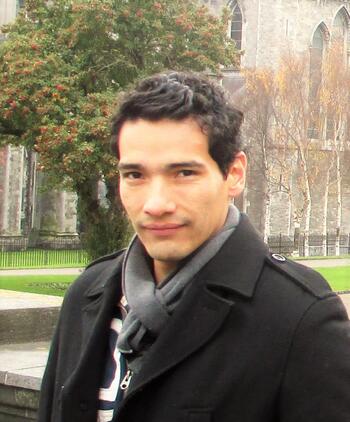Justice as Checks and Balances: Indigenous Claims in the Courts of Colonial Mexico
Justice as Checks and Balances: Indigenous Claims in the Courts of Colonial Mexico
Thursday, January 30, 202012:00 PM - 1:30 PM (Pacific)
Encina Hall E409, Fourth Floor, East Wing, E409
616 Jane Stanford Way, Stanford University, Stanford, CA 94305
Abstract:
Why did colonial powers establish courts to address Indigenous grievances? Under which conditions did these rulers decide to rule in favor of Indigenous claimants, even at the expense of their own state agents? This paper addresses these questions by studying the legal battles between Indigenous communities, Spanish settlers, and local bureaucrats in the General Indian Court of colonial Mexico (GIC). I apply an existing framework developed in the judicial politics literature to understand how the Spanish Crown allowed, and even encouraged, the Indigenous population to raise claims against local bureaucrats. Moreover, I offer a theoretical contribution to this literature by defining the scope conditions under which autocratic regimes might also use the judicial system to constrain local elites. To further explore the decision-making process of this colonial court, I develop a model that predicts that the GIC offered favorable rulings to Indigenous claimants in a strategic way. I predict that a favorable ruling was more likely in cases that involved colonial agents, were related to land invasions or physical abuses, and originated from areas where local elite power was high and Indigenous population more vulnerable. I provide empirical evidence of the strategic use of the colonial court using a mixed-methods approach including paleographic transcriptions, human coding, and text analysis of a novel dataset of more than 30,000 judicial claims. These results have implications for our understanding of both the development of Indigenous legal autonomy in colonial history and for the more general strategic development of judicial power in autocracies. One plausible, yet controversial, implication is that Indigenous communities had more tools to resist oppression during the colonial period than following the rise of the nation-state.
Speaker Bio:

